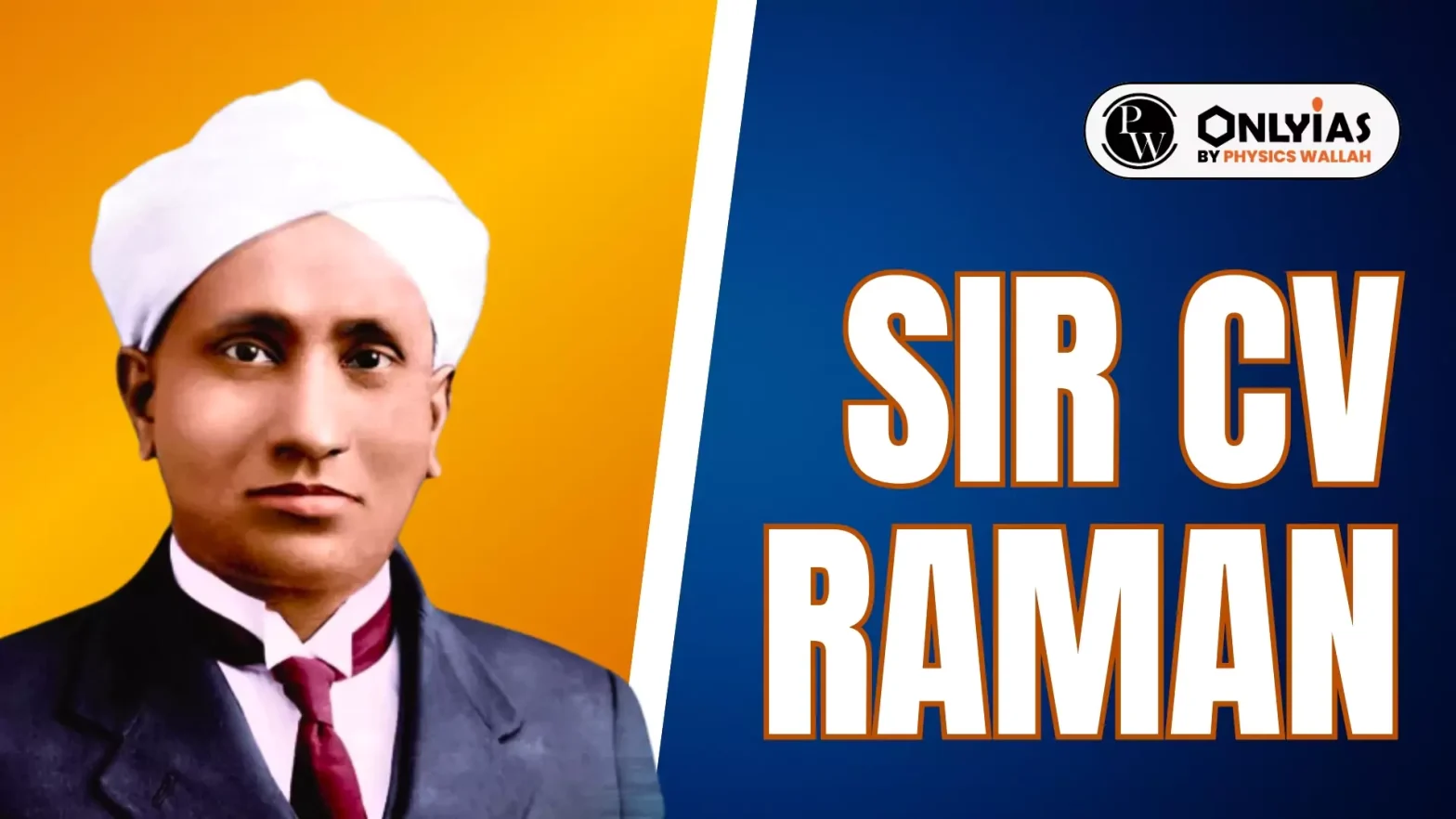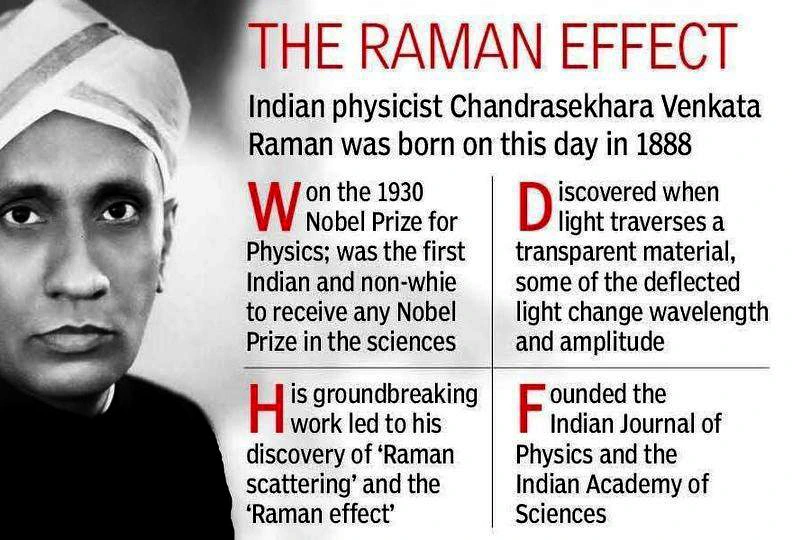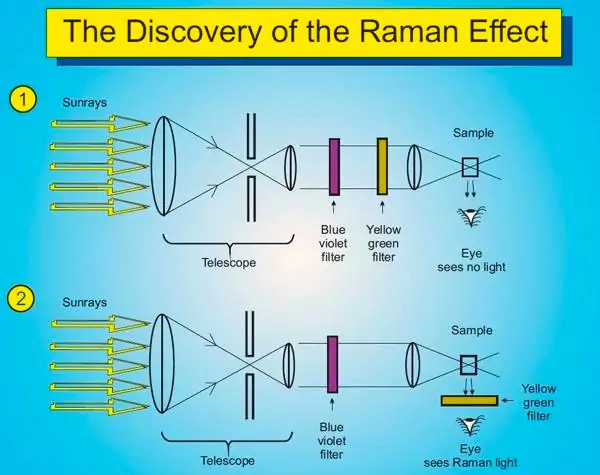Mark the 136th birth anniversary of Sir CV Raman on November 7, 2024. Know about Sir CV Raman legacy in physics, the Raman Effect, and his significant contributions to science.

The 136th birth anniversary of the great Indian physicist Sir CV Raman is being celebrated on 7th November 2024. Born as Chandrasekhara Venkata Raman in Tiruchirappalli, Southern India, on November 7, 1888, he made history with the discovery of the “Raman Effect” on February 28, 1928. This groundbreaking work in light scattering earned him the Nobel Prize in Physics in 1930, making him the first Indian Nobel laureate in science. His contributions in fields like acoustics and crystal dynamics, along with his leadership at IISc and the founding of the Raman Research Institute, cemented his legacy in the annals of Indian science.


Sir CV Raman was a pioneer of experimental Physics in India. His contributions towards fostering a scientific environment in India are unparalleled.
If you are preparing for UPSC 2025, then don’t delay anymore in preparing with the best guidance and top-notch resources. Join PW UPSC Online Batches today.
Chandrasekhar Venkata Raman was born in Tiruchirappalli, Madras Presidency on 7 November, 1888.
He won the Nobel Prize in Physics for his work on the scattering of light and for the discovery of the Raman Effect in 1930.
He developed a spectroscope and discovered that when light traverses a transparent material, the deflected light changes its wavelength and frequency. This unknown type of scattering of light, was named "modified scattering" was subsequently termed the Raman Effect or Raman scattering.
Apart from his research in the field of spectroscopy and acoustics, He established the Raman Research Institute in Bengaluru in 1949 and also served as Director of IISc for many years.
He was honoured with India’s highest civilian award, the Bharat Ratna. He also received several other awards including the Lenin Peace Prize and the Franklin Medal and the Hughes Medal.
Success can come to you by courageous devotion to the task lying in front of you.” “I strongly believe that fundamental science cannot be driven by instructional, industrial and government or military pressures.” “I am the master of my failure. If I never fail, how will I ever learn?” “Ask the right questions, and nature will open the door to her secrets.” “If someone judges you, they are wasting space in their mind. Best part, it's their problem.” “The true wealth of a nation consists not in the stored-up gold but in the intellectual and physical strength of its people.”
The Raman Effect was discovered on 28 February 1928. This day is celebrated annually as the National Science Day by the Government of India.
Sir C.V. Raman's birth anniversary is on November 7. He was born in 1888 and won the Nobel Prize in Physics for the Raman Effect.
C. V. Raman was the first Indian to receive the Nobel Prize in Physics in 1930. He was awarded for his groundbreaking work on the scattering of light, known as the Raman Effect. This discovery explained how light changes its wavelength when passing through a transparent material.

<div class="new-fform">
</div>